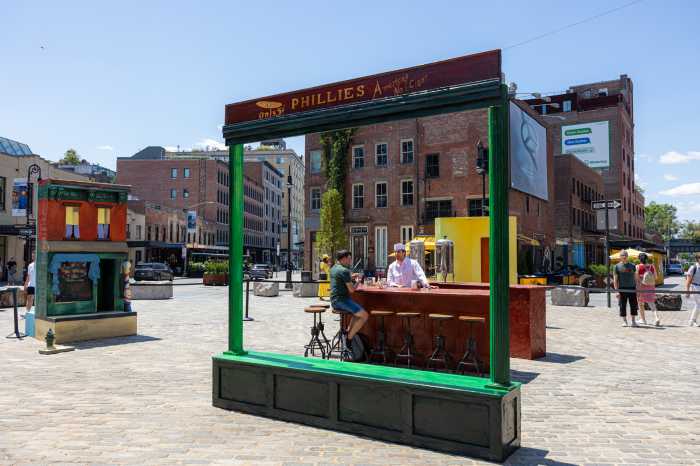I’m a new mom who’s going back to work and needs a daycare center for my toddler. How do I go about finding the best daycare center in my neighborhood?
It can be challenging to find a good daycare center that’s convenient, safe, and in your price range. But, if you’re willing to devote some extra time to searching and visiting a couple of different centers, you should be able to find a licensed group daycare program that both you and your child like.
First, visit the website for the Department of Health’s Bureau of Child Care (www.nyc.gov/html/doh/html/dc/dc.shtml) for names of licensed centers in your area. Depending on your income level, you may also want to call the Administration for Children’s Services Vacancy Information in your borough to see if you’re eligible for publicly-funded daycare services. Relatives, friends and neighbors could also have suggestions for nearby centers.
Before you visit each center that you’re considering, make a list of the things that are important to you. Perhaps you need a center that’s close to your office, or a program that has flexible hours. Next, call every center and ask about its policies, hours, fees, and beliefs about teaching children. If you get a bad sense of the center, simply based on the phone conversation, you may be able to avoid wasting your time on an unnecessary visit.
When you do visit each center, here are some things to look for:
Make sure that there’s enough staff to take care of all of the children who are enrolled in the program. There should be at least one teacher and one assistant for each group of 10 2-year-olds, a teacher and assistant for each group of 15 3-year-olds, a teacher and assistant for each group of 20 4-year-olds, and a teacher and assistant for each group of 25 5-year-olds. The director and group teachers should have experience and education in child care, as well as first aid and CPR training.
Ask about the center’s schedule of activities. A well-established program will have a fleshed-out curriculum that involves playtime, a rest period, various learning activities, group activities, meals and snacks. Also, make sure that the facility is clean and well-lit, and that the toys and other play equipment are in good condition. There should be enough space at the center for the children to play and move around in.
Once you find a place that you like, take your toddler to the center for a visit and see how your child reacts to the program. Make sure that your child is comfortable there and gets along with the teachers and children. As soon as you find a center that you like and that your toddler enjoys, enroll in the program. If there happens to be a waiting list, put your name on the list. Spots for good child care centers are very much in demand and, especially for very young children, the wait for a spot might take as much as a year.
Consider getting together with another mother or two in the same situation to share a temporary caregiver. While the search for a good daycare center may seem daunting, doing some background research will help you narrow down your options. Soon, you’ll be able to find a center that makes your life easier and that your child will be happy to attend.























